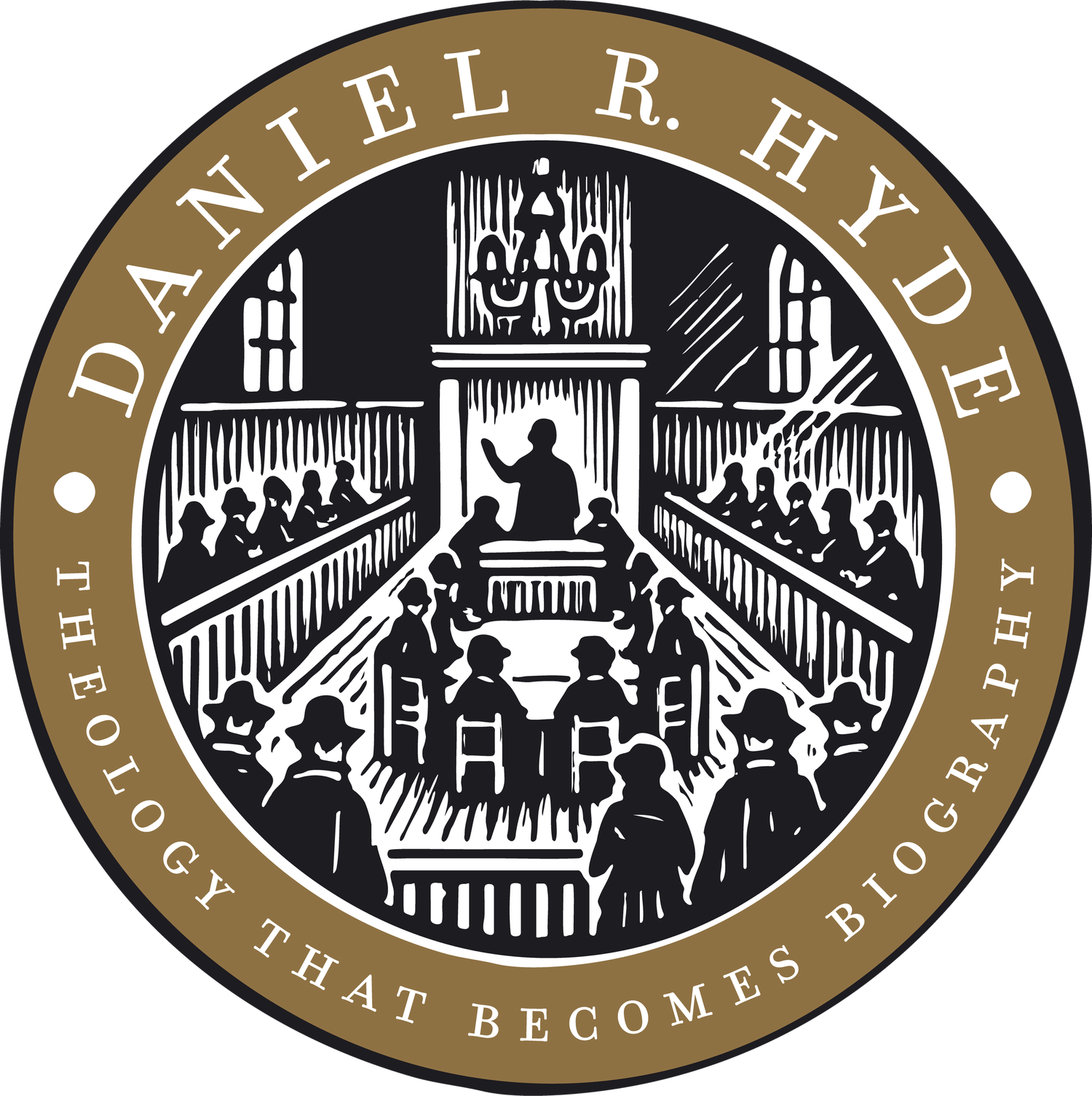Regulae de Observatione Sabbathi: The Synod of Dort’s (1618–19) Deliverance on the Sabbath
What does it mean to keep the Lord’s Day holy? In this thoughtful and historically rich work, Daniel R. Hyde explores the Synod of Dort’s six “rules for the observance of the Sabbath” (1618–1619), placing them in their theological, social, and ecclesiastical context. Hyde traces the Dutch Reformed struggle to reform Sabbath observance amid the challenges of post-Reformation Netherlands, the Eighty Years’ War, and a largely non-Reformed populace.
With clarity and balance, Hyde demonstrates that Dort’s pronouncement was neither lax nor legalistic but a moderately Puritan articulation of the fourth commandment—affirming both rest from ordinary work and consecration to worship, while allowing for works of charity and necessity. Through comparison with English Puritan theologian William Ames, Hyde shows that Dort’s position harmonized with mainstream Reformed orthodoxy and helps bridge the supposed gap between “Continental” and “Puritan” views.
This article is more than history—it’s a pastoral call for today’s church. Hyde argues that Dort’s regulae remain relevant for guiding Christians in witness, unity, and identity as they seek to honor the Lord’s Day in a secular age. A must-read for pastors, theologians, and believers seeking a thoughtful, biblically grounded approach to Sabbath keeping.

